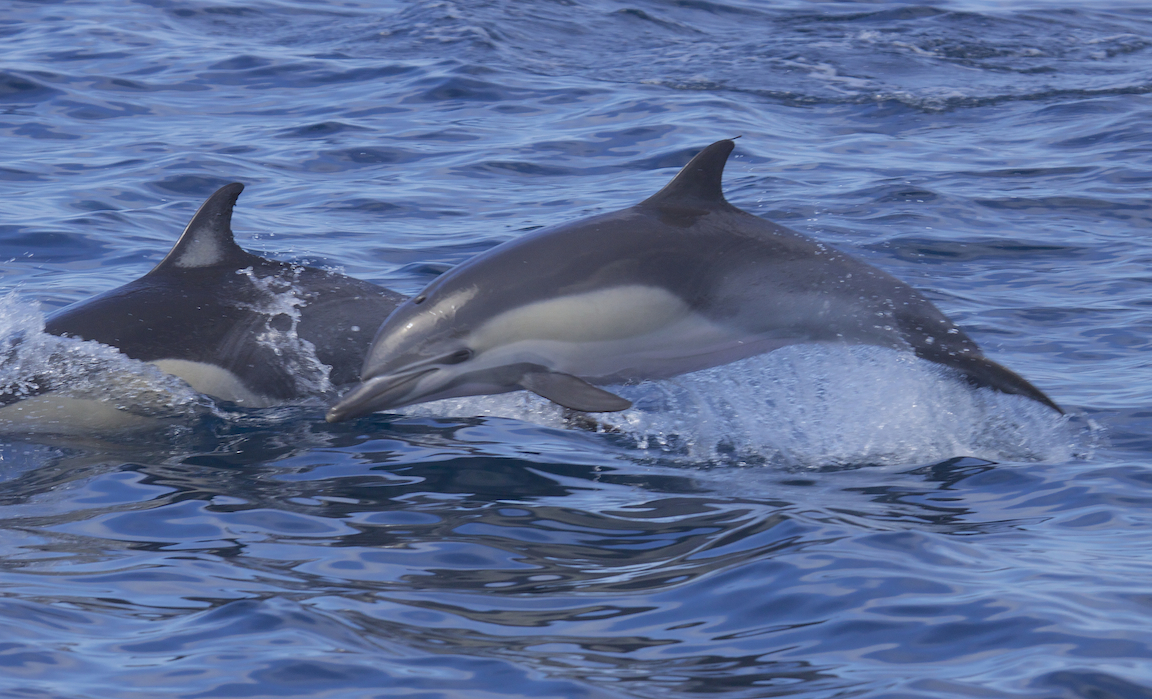Microplastics were detected inside every sea mammal examined in a new study looking at the extent of plastic pollution and its effect on wildlife.
The study, published in the journal Scientific Reports, examined the digestive tracts of 50 sea mammals from 10 species and found microplastics were ubiquitous, with particles detected every animal.
An average of 5.5 microplastic particles were found in each animal, which suggested that they are transitory, the report said. The majority of particles were fibres (84 per cent) while the remaining 16 per cent was fragments.
One animal was found to contain macroplastics with green netting found in the forestomach of a young short-beaked common dolphin.

Scientists concluded that 10 of the 26 marine mammal species inhabiting or transiting through UK waters are exposed to microplastics through ingestion.
“Plastic pollution represents a pervasive and increasing threat to marine ecosystems worldwide and there is a need to better understand the extent to which microplastics (<5 mm) are ingested by marine mammals,” the authors wrote.
All animals examined in the current study were raptorial feeders, meaning they use their jaws and teeth to catch prey. As a result, scientists concluded that they are likely have consumed microplastics indirectly through contaminated prey.
Further research is needed to understand the potential chronic effects of microplastic exposure, the report said, particularly as marine mammals are indicators of pollution in the wider marine environment.
Microplastics in the marine environment come from a range of places, including fragmentation of larger macro-plastics, wastewater containing microbeads from cosmetics, fibres from the washing of synthetic textiles, as well as road run-off containing fragments of vehicle tyres and marking paint.
Their small size makes them possible to ingest by a wide variety of marine life from plankton, shellfish, fish, sea birds and larger animals.
The study comes as late last year a 9.5 metre sperm whale was found dead on an Indonesian beach with a large amount of plastic waste in its stomach. Campaigners have continued to press for more action on plastic pollution, including reform to the UK’s waste strategy and simpler recycling processes.
Watch Riverford founder Guy Singh-Watson’s rant on plastic pollution here:












I share your complete frustration on the whole issue of recycling, waste management more widely and many other aspects of living in the UK.
Whilst this starts with us first and foremost, we are only able to achieve so much individually. There is an extremely important role to be played by Westminster, devolved Assemblies and Local Government acting in a congruent manner, within a clear strategy.
I am convinced that by making Westminster more accountable as we leave the EU, we will force our politicians to focus on the challenges and opportunities UK plc have.
Our current cohort of politicians are simply out of practice running an independent country!
I urge you to keep the pressure up on Parliament on this really important issue and encourage others to do so.